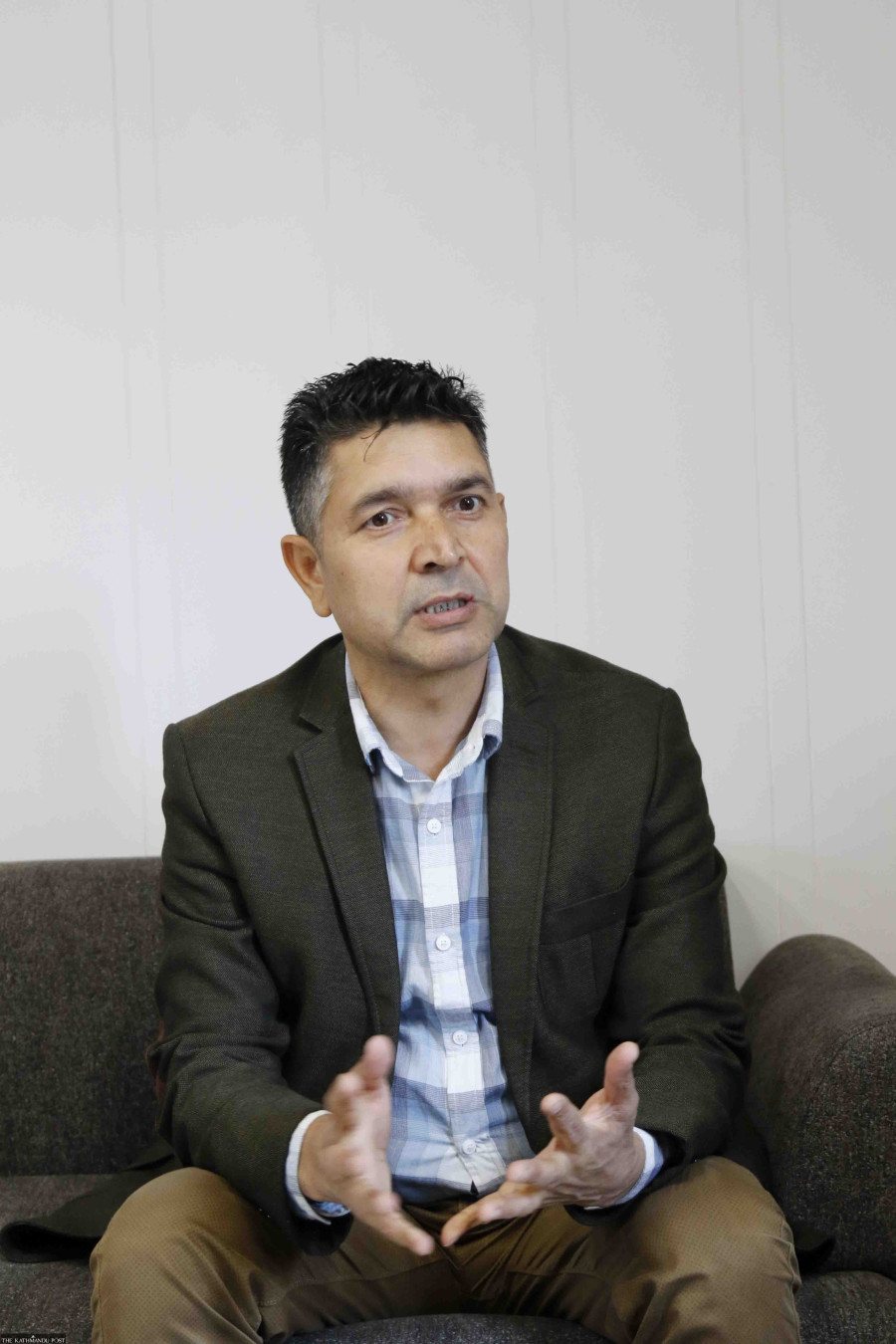Money
‘Private equity is set to play a bigger role in Nepal's economy’
Chief Executive Officer of Avasar Equity Limited Dhruba Timilsina on private equity and its future in Nepal.
Subin Adhikari
Dhruba Timilsina is the Chief Executive Officer of Avasar Equity Limited, a company that invests in potentially high-growth private companies and startups for equity and prepares them to go public in the stock market. Timilsina has an experience of more than 20 years in capital markets. He, previously, served as the CEO of Siddhartha Capital Limited and under his leadership, Siddhartha Capital became the first organisation to obtain a Mutual Fund Manager licence and launched the first Mutual Fund Scheme in Nepal. Prior to it, he worked at the Securities Board of Nepal for 10 years. The Post’s Subin Adhikari caught up with Timilsina to know about private equity and its future in Nepal. Excerpts:
Private equity is a relatively new concept in Nepal. How has your journey been so far?
The concept of private equity has been very common in the international capital markets as an alternative investment fund for a very long time. So, we were exploring its possibility in Nepal even before the Specialised Investment Fund Regulation was enacted by the government. We became the first private equity fund to be licensed by the Securities Board of Nepal on August 23, 2022. We built a team of skilled professionals from national and international organisations. Similarly, we also did extensive research to identify the possible investors and investment sectors and classified them on the basis of risk and return. As we are the first movers in the sector, we also have an additional responsibility to do exemplary work on every parameter. Therefore, in many aspects, we have gone even beyond the national regulation to include international standard practices. We have finished all the necessary groundwork to prepare a fund worth Rs5 billion. We will open the subscription to our fund on February 27.
What are the key challenges and opportunities for private equity in Nepal ?
Making the people and regulatory bodies understand the concept of private equity itself is a big challenge. Each of our investment deals varies as per the negotiation between the investor and the fund manager, so it doesn’t function in a standard procedure like other asset management companies, such as mutual funds. We pool the financial and other skilled-based resources like networking, consulting and so on and from various institutions and individuals and invest in the equity of potential companies with different terms and conditions. We can raise funding only from up to 200 private investors, according to the law. We also need to prepare an exit plan for the investment. This has never been done before in our market. However, we can create good governance and transparency in the private companies, where we invest. The representation of real sectors like manufacturing in the Nepali stock market is negligible, that is a big untapped market for us.
Why should an entrepreneur seek venture capital when there is already the presence of alternatives like bank loans?
While banks provide only the financial resources in the form of loans, we provide financial as well as non-financial resources like expertise, networking and so on, in consideration for equity. An innovative company may take a couple of years to become profitable, whereas the bank charges interest from day one. That might compromise the performance of the company. But in our case, the entrepreneur runs the venture, and we act as a support system till the company starts giving the return on investment and help them to go public. That helps to attain the qualitative as well as quantitative goals of the venture.
Can private equity funds be a door to bring FDI to Nepal?
Definitely yes. If we see the Indian economy, almost 65 percent of the foreign direct investment comes via private equity funds. Private equity can be a game changer in the context of Nepal’s economic development too. The regulatory bodies have started realising this well, therefore they are very eager to promote this sector. If the domestic private equities do well, foreign investors will surely be attracted.
In Nepal’s small economy, how are you planning to thrive?
There are several instances where a country with a small population has achieved phenomenal economic prosperity. It's not about the market size, but about the market potential and Nepal has a huge potential. The curiosity regarding the manufacturing of hydrogen fuel in Nepal is the best testimony to it, of late. Several such opportunities exist in other sectors like tourism, manufacturing, technology and medicine. The private equity funds aim to accelerate economic prosperity by revolutionising these sectors.
A few venture capital companies have obtained the licence from SEBON. What makes you different from the rest?
Our team is composed of the best people in the financial industry. Similarly, our board of directors and promoters are also eager to explore the potential of Nepali economy. We are backed by four prominent banks—Siddhartha, Sanima, Kumari and Nepal Bank. We are committed to provide the best to our clients. That makes us the best among all. Moreover, when there exists an opportunity, definitely there are going to be many newcomers. We are optimistic about creating an ecosystem in collaboration with them too. This will create a synergy for everyone in the industry.




 8.54°C Kathmandu
8.54°C Kathmandu













